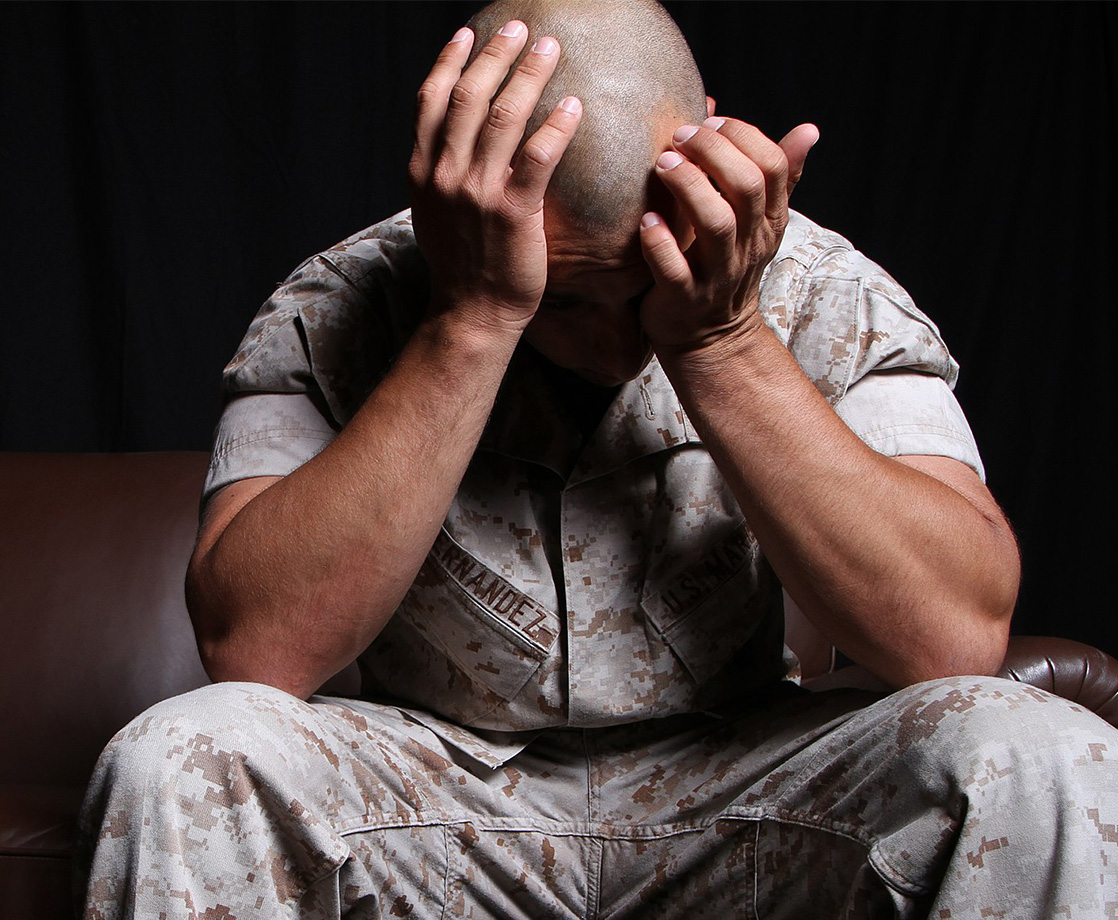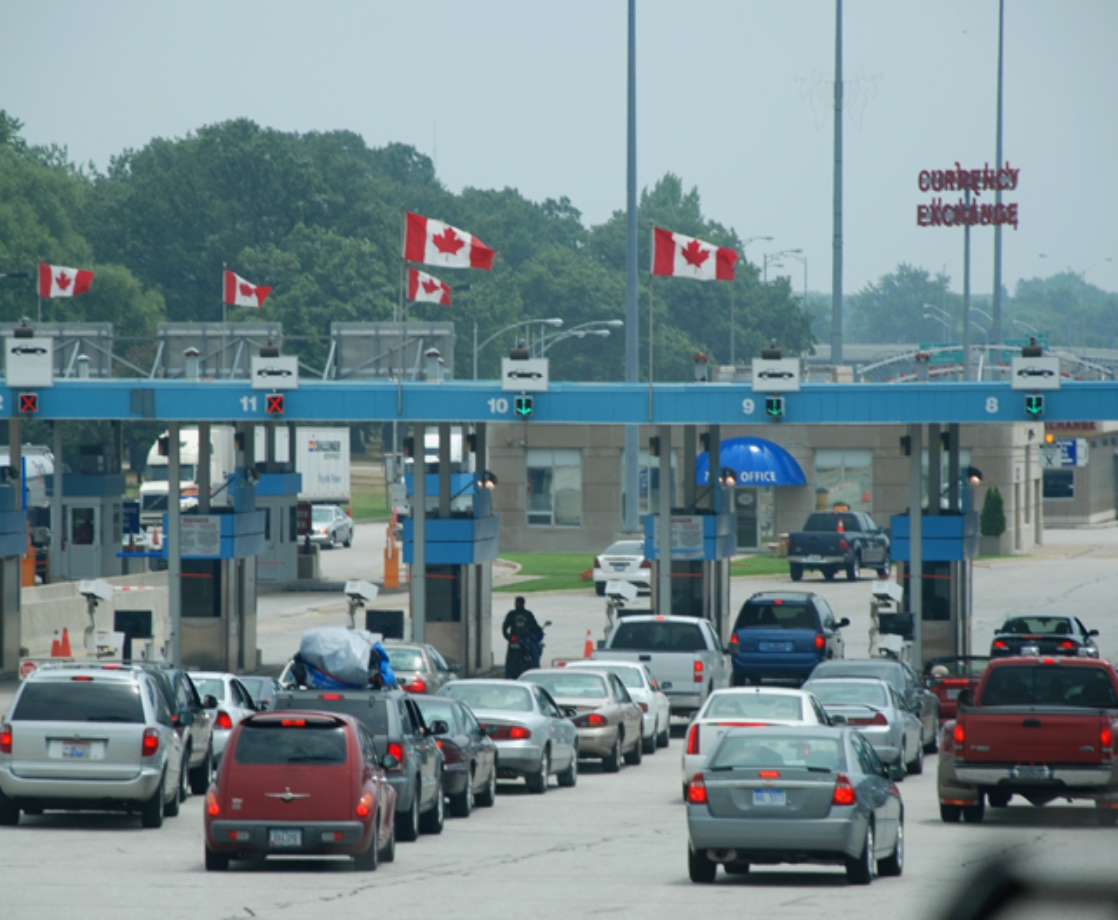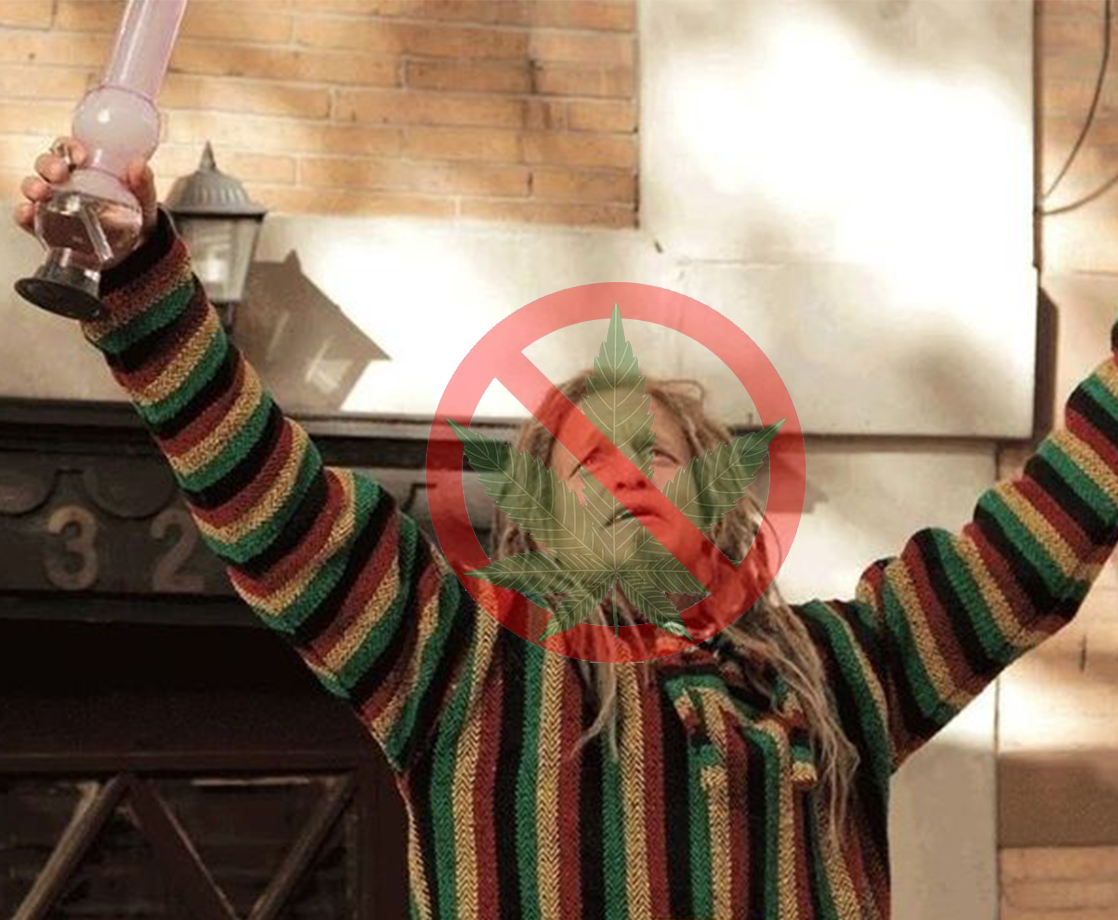Despite the wealth of anecdotal evidence reporting that cannabis is effective at treating symptoms of PTSD among veterans, the federal government has constantly restricted vets' access to the drug and interfered with attempts to conduct further research. At last, after seven years of fighting federal officials for approval, one doctor finally received approval from the FDA to begin a study on the effects of cannabis on veterans' PTSD symptoms. This study, funded by a $2.15 million grant from the University of Colorado, is the world's first controlled clinical trial to investigate whether using marijuana can help veterans cope with PTSD.
The study is being conducted by Dr. Sue Sisley, who has been fighting to help understand how cannabis can help veterans for years. Dr. Sisley actually used to be opposed to cannabis, but had a change of heart after actually observing the effects of the plant on her patients.
"I was dismissive and judgmental, then I started losing a lot of vets in my practice to suicide, and it became a big wake-up call," she said to Healio. "The veteran community has a higher rate of prescription drug overdose, and many vets discovered they can substitute cannabis for the more addictive medications they've been prescribed, which is how we started to examine this."
The Department of Veterans Affairs has consistently shut down every attempt to give veterans access to medical cannabis. Late last year, the VA announced that its physicians were prohibited from recommending any cannabis-based treatment to veterans. The agency has rejected the growing body of research on the effectiveness of cannabis on PTSD, and even posted their own research claiming that cannabis was not an effective treatment. Dr. Sisley criticized this research, noting that they were biased observational studies and not controlled trials.
Unlike the VA's research, Dr. Sisley's study is following strict scientific protocols. During the trial, veterans were asked to take cannabis products home and use them at their own discretion for three weeks. The subjects were randomly assigned to take either high THC, high CBD, an equal THC/CBD mix, or placebo medication. Veterans were asked to self-administer the medication at dosages of their own choice for three weeks, and then stop using cannabis for two weeks.
Throughout the whole process, researchers are monitoring the subjects to evaluate their PTSD symptoms during the periods of cannabis use and abstinence. The researchers are also investigating the anti-inflammatory effects of cannabis during the course of the trial by assessing several biomarkers related to inflammation. The study is now in its third year, and researchers are working to enroll 19 more veterans to complete the Phase-II trial. Once complete, Sisley is hopeful that the FDA will approve a Phase-III trial, which could pave the way for a federally-legal cannabis treatment for PTSD.
Although the study is almost complete, Dr. Sisley is concerned that the results may be compromised by the low quality cannabis that the government provides for research. On the rare occasions that it even allows cannabis to be tested, the feds only allows researchers to use weed grown by the University of Mississippi. This government grass is notoriously low-quality, full of stems and seeds, and quite unlike any quality bud available on the market today.
"If half [of the government-provided cannabis] is extraneous nonmedical plant material, it could be sabotaging efficacy studies, meaning that if you're trying to measure effectiveness of cannabis and you're forced to use a very sub-optimal plant material, this could harm the outcome of tests looking at how effective cannabis is at treating a certain illness," Sisley said to Healio.
Advocacy groups are putting pressure on the VA to walk back its outmoded stance on cannabis and allow more studies to be conducted. Last month, a bipartisan group of legislators proposed a new bill in the House that would force the VA to begin conducting serious research on medical marijuana. But while the research slowly drags on, veterans have been working to help each other learn about medical cannabis. Weed for Warriors, for example, is one such group that has been working to educate Bay Area veterans about medical marijuana and provide a community of support.











